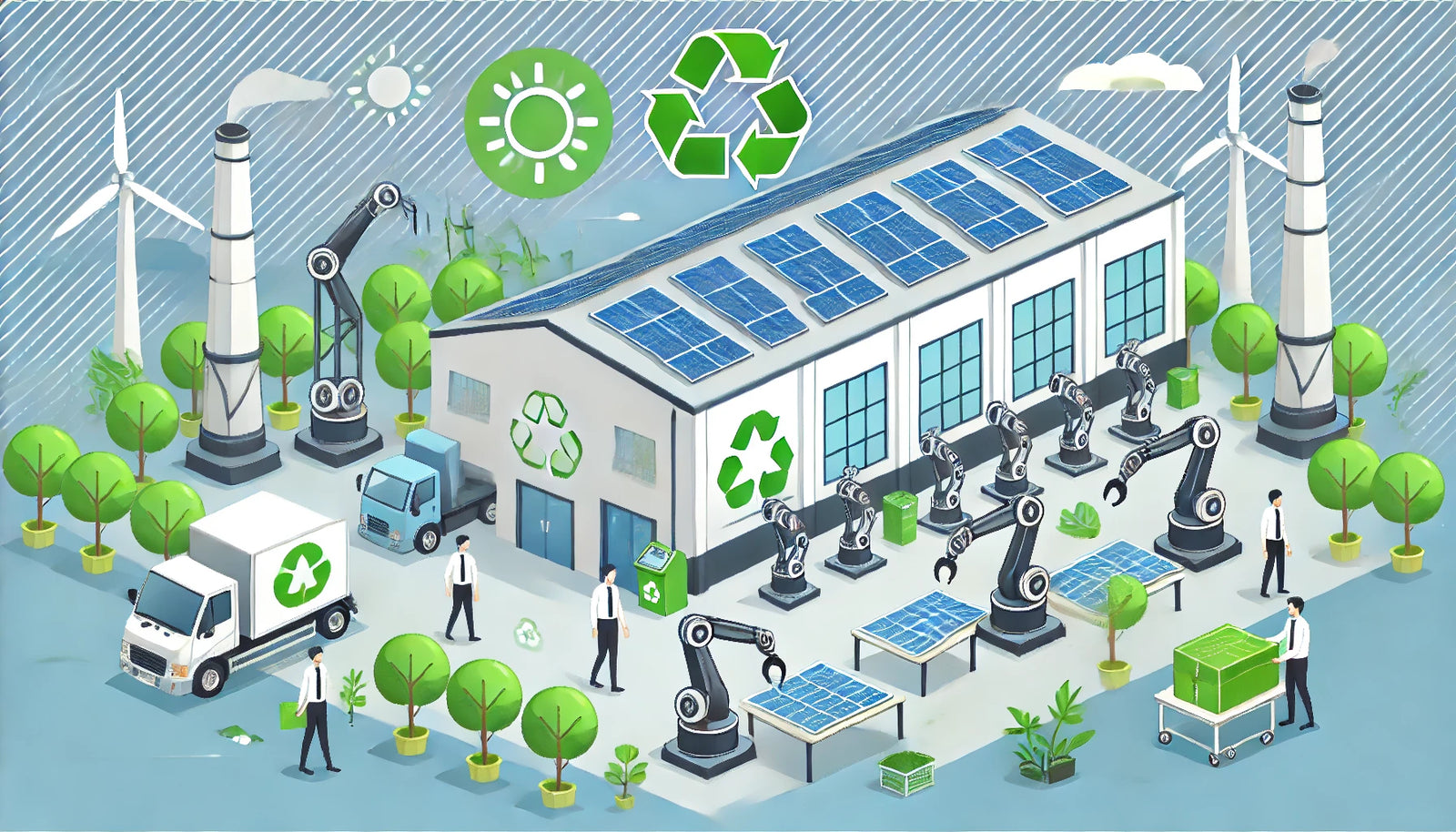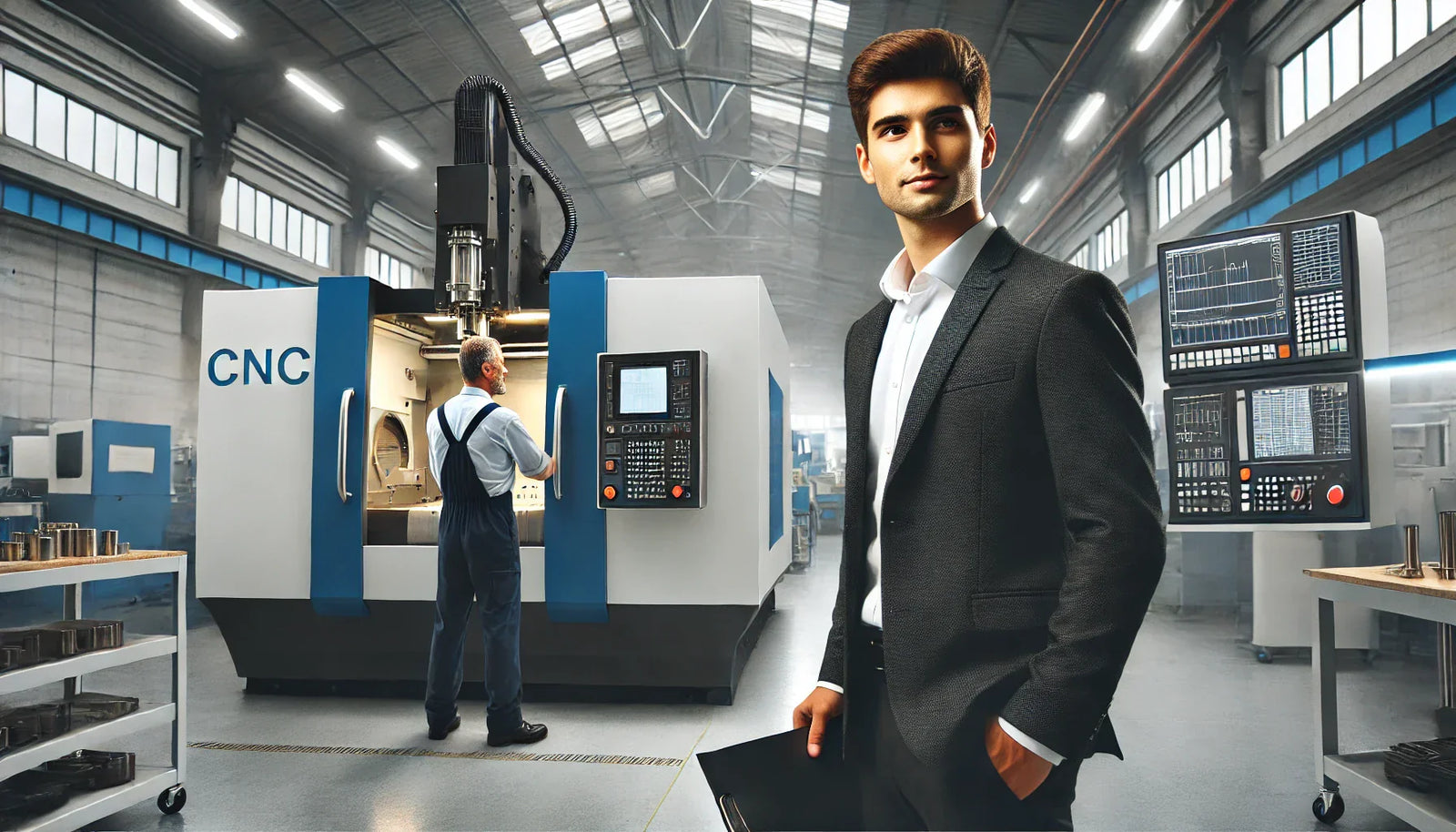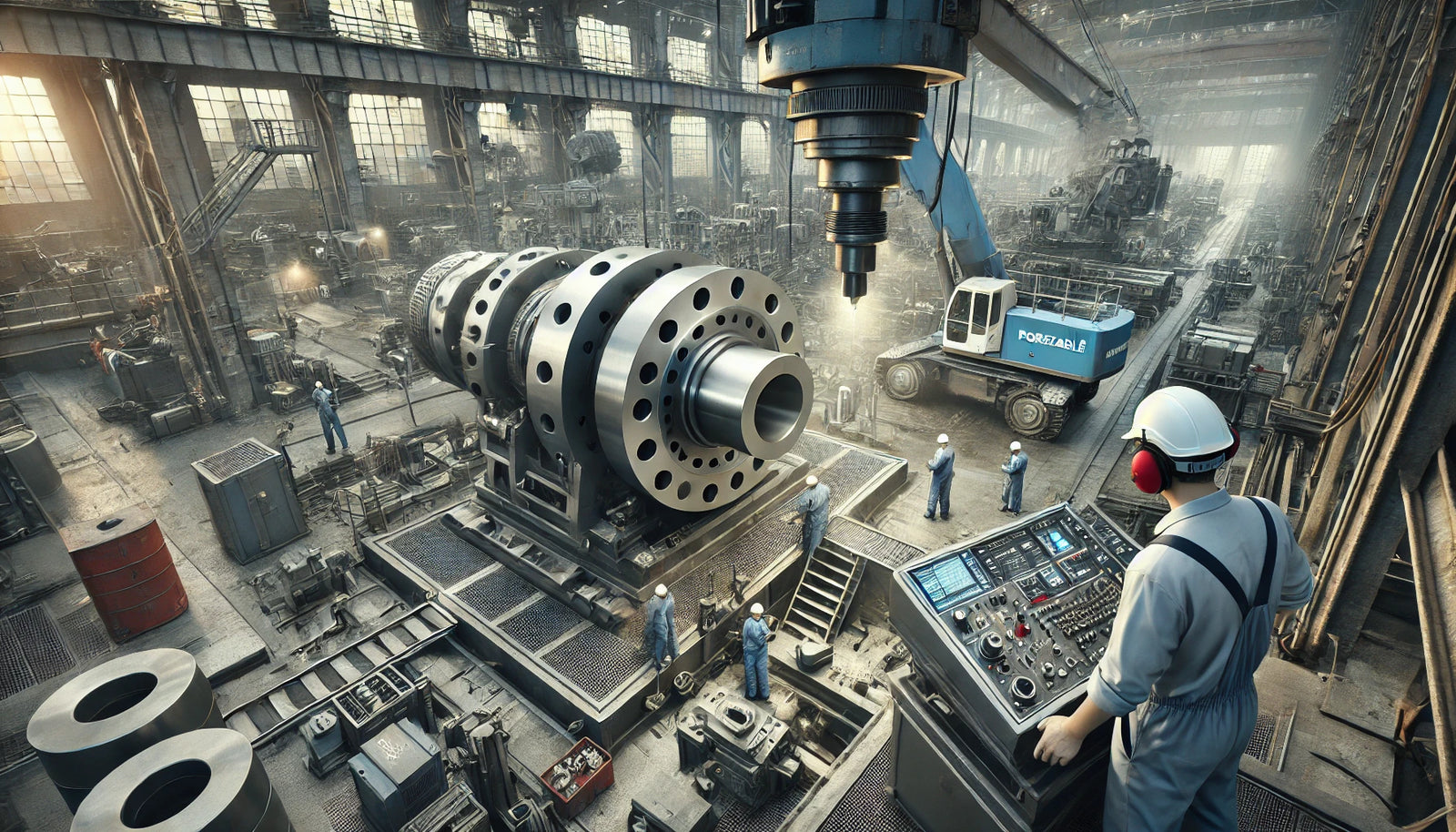In the contemporary business landscape, sustainability is no longer just a buzzword; it's a fundamental aspect of long-term success. Companies are increasingly recognizing the importance of sustainable practices, not only for environmental reasons but also for economic and social benefits. One powerful strategy to enhance sustainability is the automation of production tasks. Here's why automating your production processes can make your business more sustainable:
1. Reduction in Resource Consumption
Automation technology is designed to optimize the use of resources. Automated systems can precisely control the amount of raw materials and energy used in production processes. This precision reduces waste and ensures that resources are used efficiently, leading to significant cost savings and a smaller environmental footprint. For example, automated machinery can minimize excess material usage, reduce scrap, and ensure energy is consumed only when necessary.
2. Minimization of Waste
Waste reduction is a key component of sustainability. Automated production systems can drastically reduce waste by enhancing the accuracy and consistency of manufacturing processes. Automated quality control systems can detect defects early, preventing large quantities of defective products from being produced. Additionally, automated processes can be programmed to repurpose or recycle waste materials, contributing to a circular economy.
3. Improved Energy Efficiency
Automation can significantly improve energy efficiency in production. Automated systems can optimize energy usage by operating machinery only when needed and shutting down during idle times. Advanced sensors and controls can monitor energy consumption in real-time, allowing for adjustments that reduce energy waste. These improvements not only lower energy costs but also reduce the carbon footprint of manufacturing operations.
4. Enhanced Productivity and Reduced Emissions
Automated production tasks can operate continuously and more efficiently than manual processes, leading to higher productivity. This increased productivity means that the same amount of work can be done with less energy and fewer emissions. Automation can also streamline logistics and supply chain operations, reducing transportation emissions and contributing to a more sustainable overall production cycle.
5. Promotion of a Safer Work Environment
A sustainable business also considers the well-being of its employees. Automation can reduce the need for human workers to perform hazardous or repetitive tasks, thereby enhancing workplace safety. Fewer workplace injuries and health issues result in a more sustainable workforce and reduce costs associated with worker compensation and lost productivity.
6. Facilitation of Data-Driven Decisions
Automated systems generate vast amounts of data that can be analyzed to improve production processes. This data can be used to identify inefficiencies, predict maintenance needs, and optimize production schedules. By making data-driven decisions, businesses can continuously improve their operations, leading to more sustainable practices and long-term success.
7. Scalability and Adaptability
Automation allows businesses to scale their operations without a proportional increase in resource consumption. Automated systems can be easily adjusted to handle increased production demands, making it easier to meet market needs without compromising sustainability goals. This adaptability ensures that businesses can grow sustainably, maintaining efficiency and reducing environmental impact.
8. Compliance with Environmental Regulations
As governments and regulatory bodies impose stricter environmental regulations, automation can help businesses comply with these standards. Automated systems can be programmed to meet specific environmental criteria, ensuring that production processes adhere to legal requirements. Compliance not only avoids costly fines but also enhances a company's reputation as a responsible and sustainable business.
Conclusion
Automating production tasks offers a multitude of benefits that extend beyond operational efficiency. By reducing resource consumption, minimizing waste, improving energy efficiency, and promoting a safer work environment, automation can significantly contribute to the sustainability of your business. Moreover, the ability to make data-driven decisions, scale operations sustainably, and comply with environmental regulations ensures that your business is well-positioned for long-term success in a rapidly evolving market. Embracing automation is not just a technological upgrade; it is a strategic move towards a more sustainable and resilient future.





